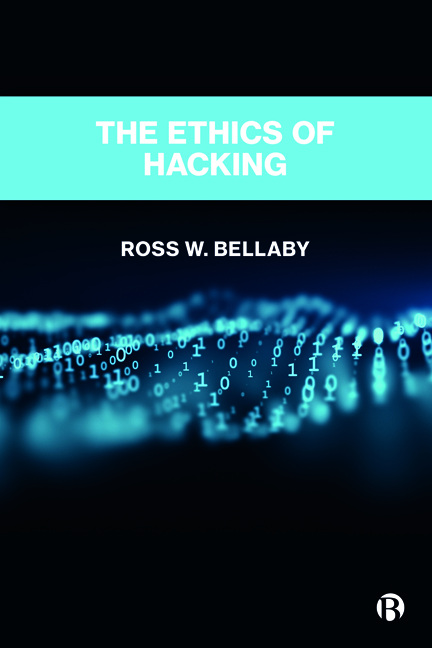Book contents
- Frontmatter
- Dedication
- Contents
- Introduction
- 1 Hacks, Hackers and Political Hacking
- 2 An Ethical Framework for Hacking Operations
- 3 Political Autonomy, the Arab Spring and Anonymous
- 4 Leaks: From Whistleblowing to Doxxing
- 5 Correcting the Failure of the State
- 6 Looking Back, Moving Forward
- Conclusion
- References
- Index
4 - Leaks: From Whistleblowing to Doxxing
Published online by Cambridge University Press: 18 January 2024
- Frontmatter
- Dedication
- Contents
- Introduction
- 1 Hacks, Hackers and Political Hacking
- 2 An Ethical Framework for Hacking Operations
- 3 Political Autonomy, the Arab Spring and Anonymous
- 4 Leaks: From Whistleblowing to Doxxing
- 5 Correcting the Failure of the State
- 6 Looking Back, Moving Forward
- Conclusion
- References
- Index
Summary
Digital release of privileged information can sit both at the periphery of political hacking as well as being a key part of it, depending on how you see the broader hacking phenomenon and which cases are examined. In terms of whistleblowing and the WikiLeaks and Snowden revelations, for example, they are not inherently cases of political hacking since hacking was not the means of gaining or releasing the information. But there are connected arguments regarding the right to know and the importance of revealing wrongdoing that means they are often discussed in tandem, as well as them spawning specific hacking operations – Operation Payback/Operation Avenge Assange – when governments and corporations moved to restrict the leaked information. In comparison, there are those information leaks that necessarily rely on the political hacker on the outside of an organization gaining access to a network, taking inside privileged information and sharing it more widely. For example, when Anonymous hacked into the private security company Stratfor and copied and placed on a public forum 200 gigabytes worth of data. Part of this involves gaining unauthorized access to a targeted system by ‘taking advantage of one of the points of entry into a network’, including ‘electronic mail, remote logins ⦠or telnets’. Once inside, the hacker grants themselves privileges that allow them to alter the system's code or steal confidential information (Milone, 2002). These operations represent an updated form of leaking and throw up additional questions about when the hacker can target specific institutions, whether they are justified in breaking into their systems, and then what sort of information releases are allowed. Finally, there are also information releases that concern private individuals, whereby a person's personal information is collected and shared publicly.
To evaluate these different types of information releases, this chapter will detail the underlying ethical arguments for leaks most broadly, as this, in turn, shapes how both the retaliation hacks as well as penetrative information gathering hacks are to be judged. To help classify the discussion, those information leaks involving insiders using their privileged position to collect and then distribute information will be referred to as whistleblowing.1 In comparison, those instances where an outsider gains access to internal information and shares it widely will be referred to as ‘doxxing’ (a neologism originating from a spelling alteration of the abbreviation ‘docs’, a shorter version of ‘documents’).
- Type
- Chapter
- Information
- The Ethics of Hacking , pp. 73 - 93Publisher: Bristol University PressPrint publication year: 2023



